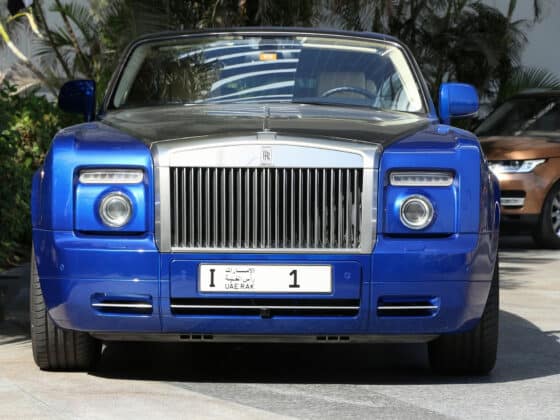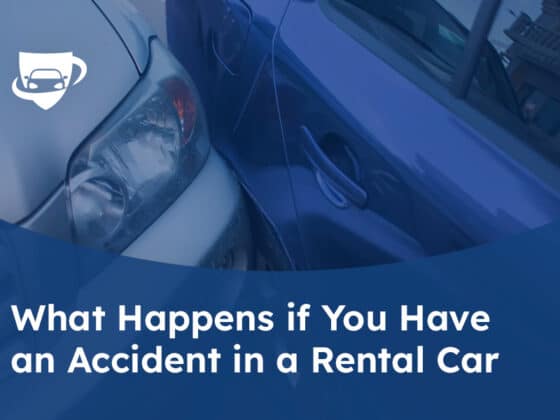If you’ve ever been in a single vehicle accident, you know it can be a scary experience. While it might not seem as serious as a multi-vehicle accident, it can still lead to severe injuries or death. That’s why it’s important to know what to do if you find yourself in a one car accident.
But don’t worry; we’re here to help you understand what to do and how to handle the situation. Keep reading for tips on staying safe and getting help if needed.
What Is a Single Car Accident?
A single car accident is when only one vehicle is involved in a collision. This can happen when a car hits an animal, runs off the road, or collides with another object. Single car accidents often result in property damage and can cause serious injuries or even death.
Single Vehicle Accident: Causes
Most of these accidents are caused by driver error, although other factors can contribute to the crash as well. A single car accident due to weather, poor road conditions, or mechanical issues is also common.
In many cases, a driver loses control of a vehicle due to excessive speed or distracted driving. Once the car begins to veer off course, the driver may overcorrect in an attempt to get back on the road.
This can cause the car to spin out of control or flip over, leading to severe injuries or even death.
A single car rollover accident typically occurs when a vehicle hits a curb, soft shoulder, or another object, which causes it to roll over. The momentum from the initial impact can cause the car to flip multiple times, resulting in severe injury or even death of passengers.
A single car accident due to DUI is also common.
A single vehicle accident is often preventable if drivers drive safely and pay attention to the road ahead.
Single Vehicle Accident: What to Do
A single car accident can be a frightening experience. Even if you are uninjured, it can be challenging to know what to do next. The first step is to remain calm and assess the situation. If you are able to do so, turn on your hazard lights and move your vehicle to the side of the road.
If you are unable to move your vehicle after a single car crash or it is unsafe to do so, stay inside your car with your seatbelt fastened and wait for help to arrive. Once you are in a safe location, you can call 911 and report the accident.
Single Car Accident: Police Report
If you have been in a single-vehicle accident, the first thing you should do is call the police. Once the police arrive on the scene, they will create a single vehicle accident report detailing what happened. Even a minor car accident requires a report.
This is important even if the damage appears minor, as the report can be used as evidence if you need to file an insurance claim. If you receive a single car accident ticket, it is important to consult with an attorney.
An experienced attorney can help you fight the ticket and avoid costly fines or points on your license. In some cases, they may even be able to get the charges dropped entirely.
Single Vehicle Accident: Insurance
After a single vehicle accident, you should call your car insurance company and report the accident. Be sure to have all the pertinent information ready, such as the time, date, and location of the crash and the names and contact information of any witnesses.
Next, take photos of the damage to your vehicle after the car accident with no one else involved.
Then, contact your insurance company and file a claim. The company will send an adjuster to assess the damage and determine how much your insurance will cover after filing a single car accident insurance claim.
If the damage is minor, you may repair your car at a body shop of your choice. If the damage is more significant, your vehicle may need to be towed to a facility for repairs. In either case, get multiple estimates before authorizing any repairs.
Once the repairs are completed based on your single vehicle accident insurance claim, you should receive a check from your insurance company for the cost of the repairs, minus any deductibles or copayments that may apply.
Ask your insurance agent if you have any questions about the claims process regarding this type of accident.
Single Car Accident: No Insurance
The financial repercussions can be significant if you’re involved in a single vehicle accident and don’t have insurance. If you don’t have collision or comprehensive coverage, you have to pay for any vehicle damage out of pocket.
This can be a significant expense, especially if your car is totaled. If the accident was your fault, you might also be liable for damages any other property sustained in the accident.
Driving without insurance is also against the law in some states, so you may face additional penalties. If you’re involved in an accident and don’t have insurance, you must speak with an attorney to understand your rights and options.
Leaving the Scene of an Accident Involving a Single Car
Leaving the scene and failing to report an accident is a bad idea for various reasons. For one, it’s illegal in most states. But even if you don’t get caught and face criminal charges, there are still consequences.
In a single car accident, leaving the scene is also bad for your insurance. Namely, if the police figure out who hit the parked car and that person is you, your insurance rates will probably go up. In general, insurance rates increase by 41% after a car crash.
Also, if you hit a person or animal with your car and then drive away, you could be charged with a felony.
So, if you’re involved in a single car accident, leaving the scene of an accident with no one else involved is not good, and the best thing to do is stay at the location.
People Also Ask
What are single vehicle crashes?
A single vehicle crash is a type of road traffic accident that involves only one vehicle. It can include collisions with stationary objects, such as trees or roadside barriers, or overturning.
What percentage of accidents result in single vehicle crashes?
Though we often think that car accidents include multiple vehicles, the reality is that many accidents are single vehicle crashes.
In fact, according to data from the National Highway Traffic Safety Administration, 53% of fatal car crashes that occurred in 2019 were the result of a single vehicle collision.
What to do when you crash by yourself?
The best thing to do when you crash by yourself is to stay calm and assess the situation. Try to move slowly and carefully, so you don’t exacerbate any injuries.
Check if anything hurts and see if you can safely move. Once you’ve done that, call for help. File a police report, and call your insurance company. However, don’t even think about leaving the scene of a single car accident.
What are the 3 types of motor vehicle accidents?
There are three types of motor vehicle accidents:
- vehicle collision
- human collision
- internal collision
Will a single-car accident raise your insurance premiums?
Yes, a single vehicle accident can raise your insurance premiums. Your insurance company will likely consider this an indication of increased risk and may raise your premiums as a result.



